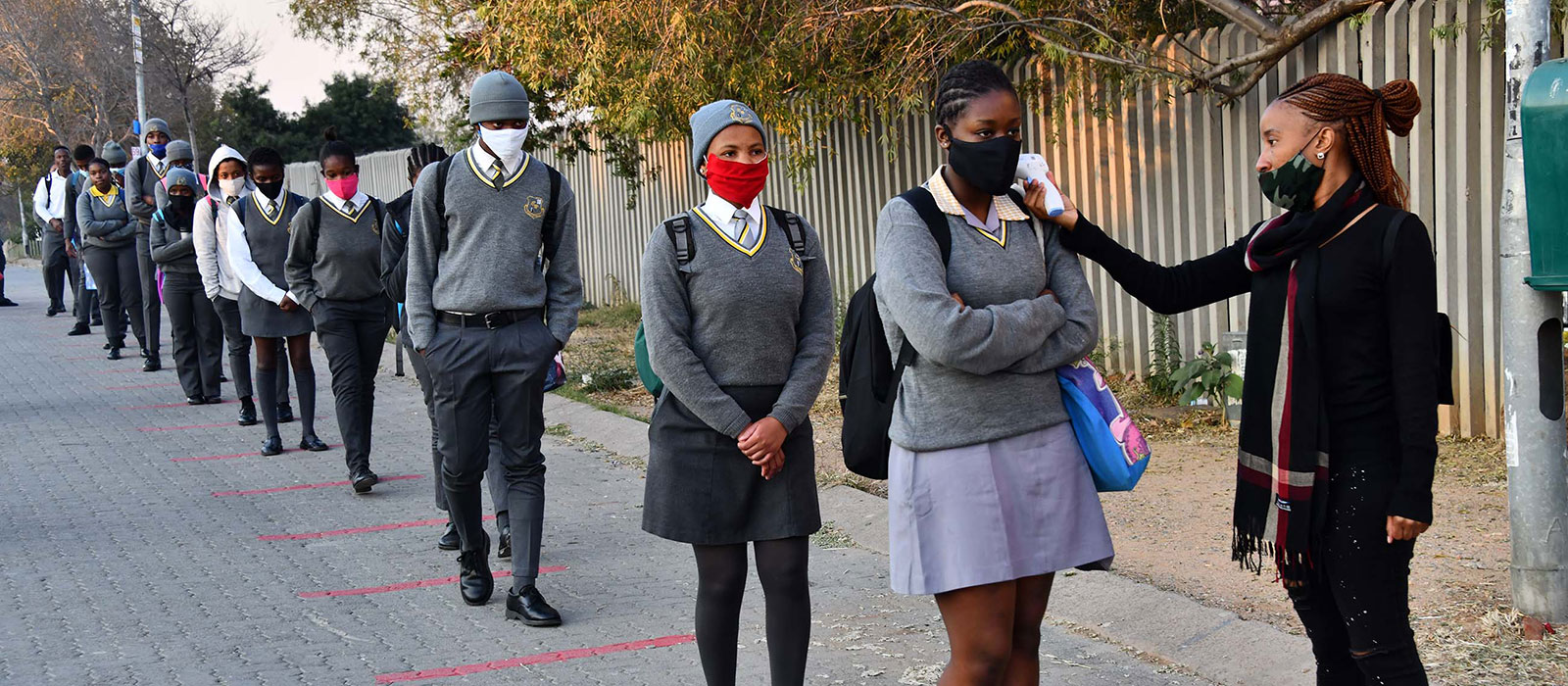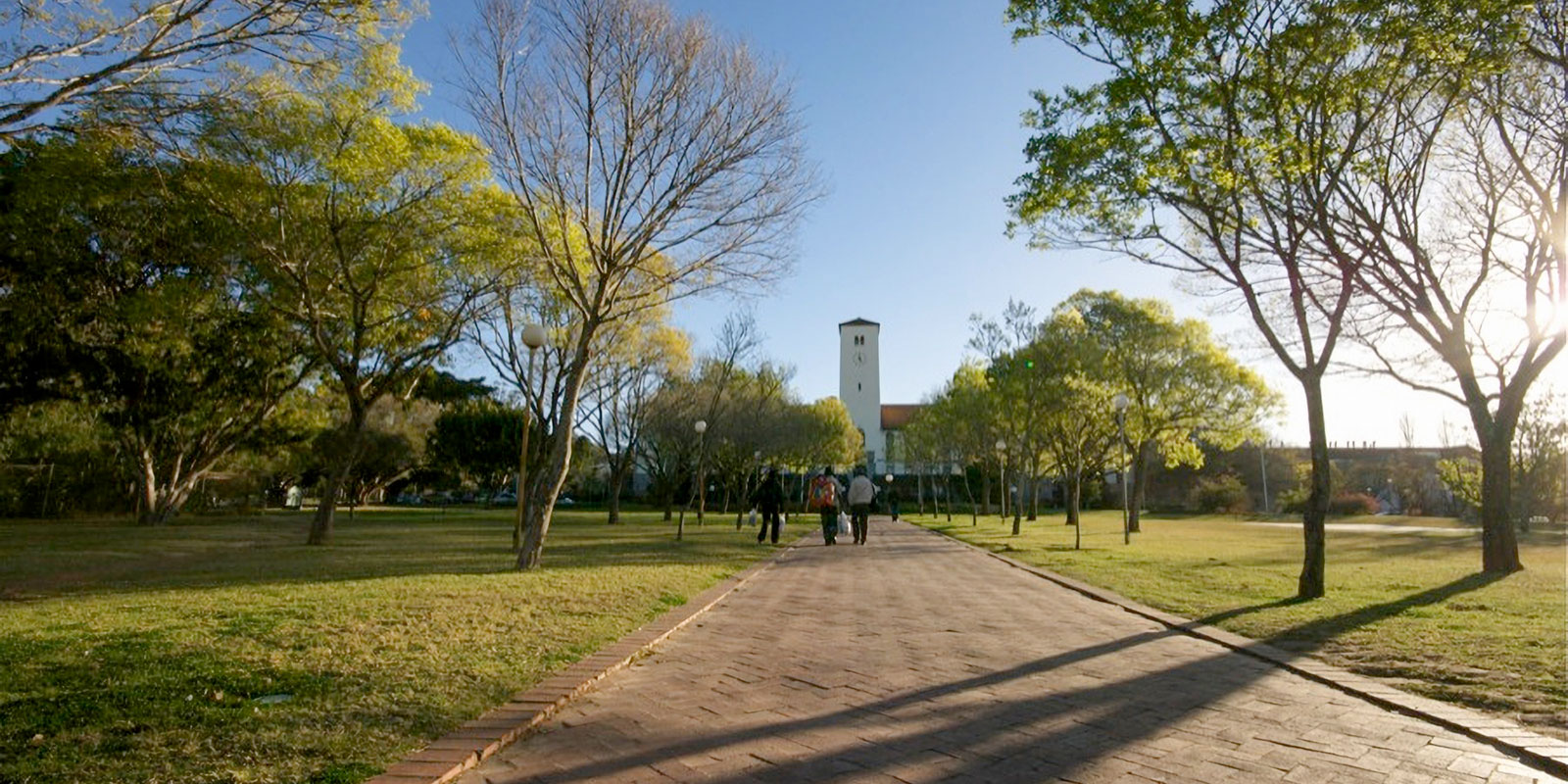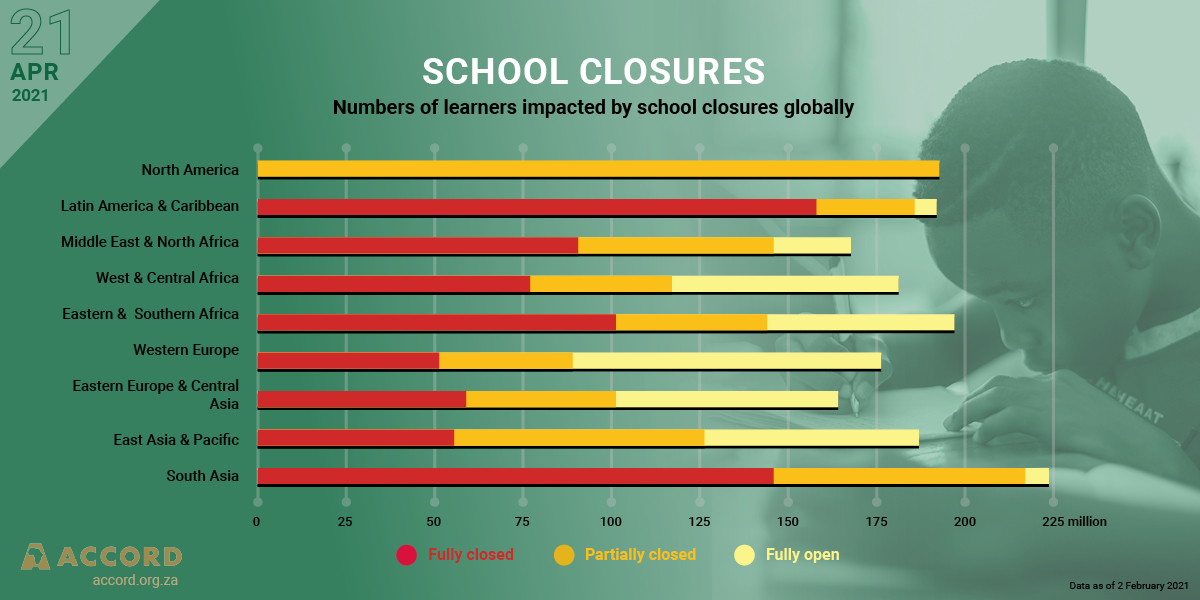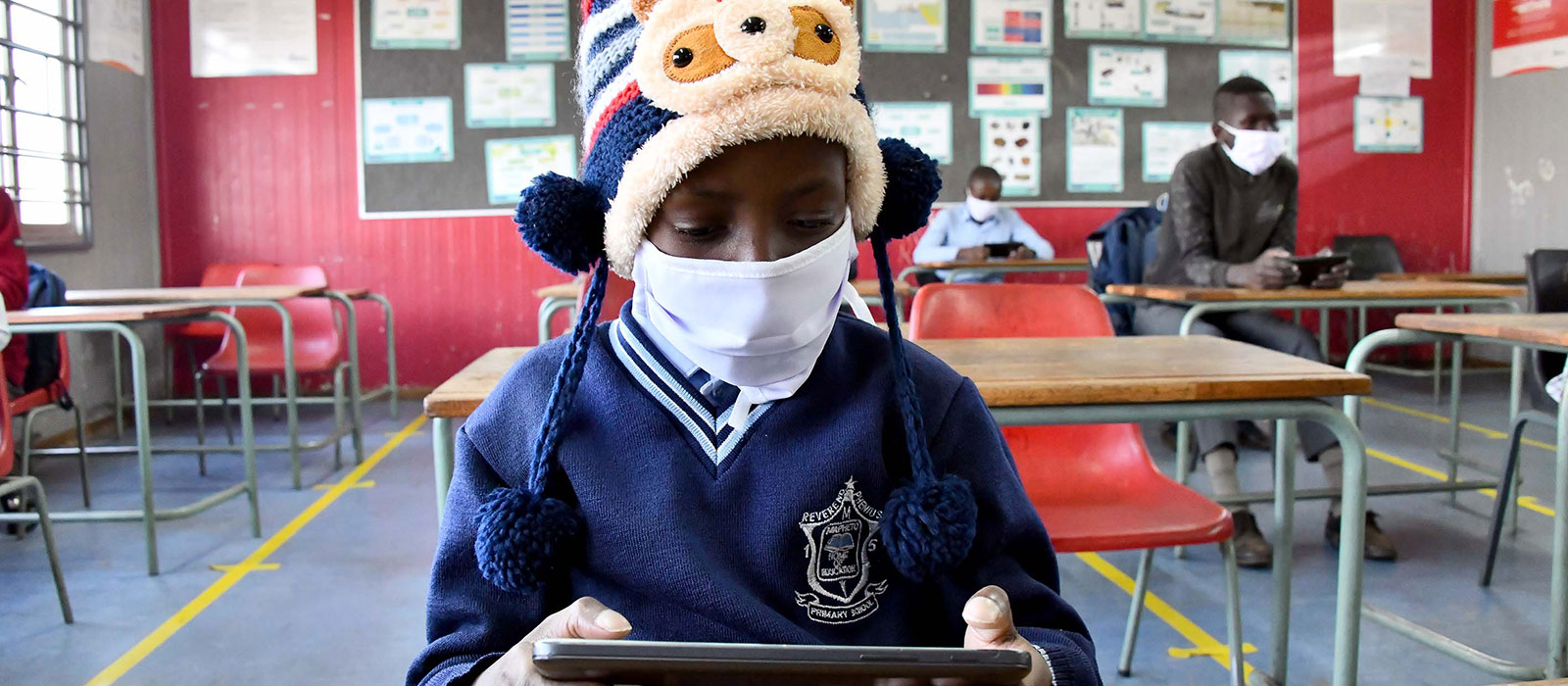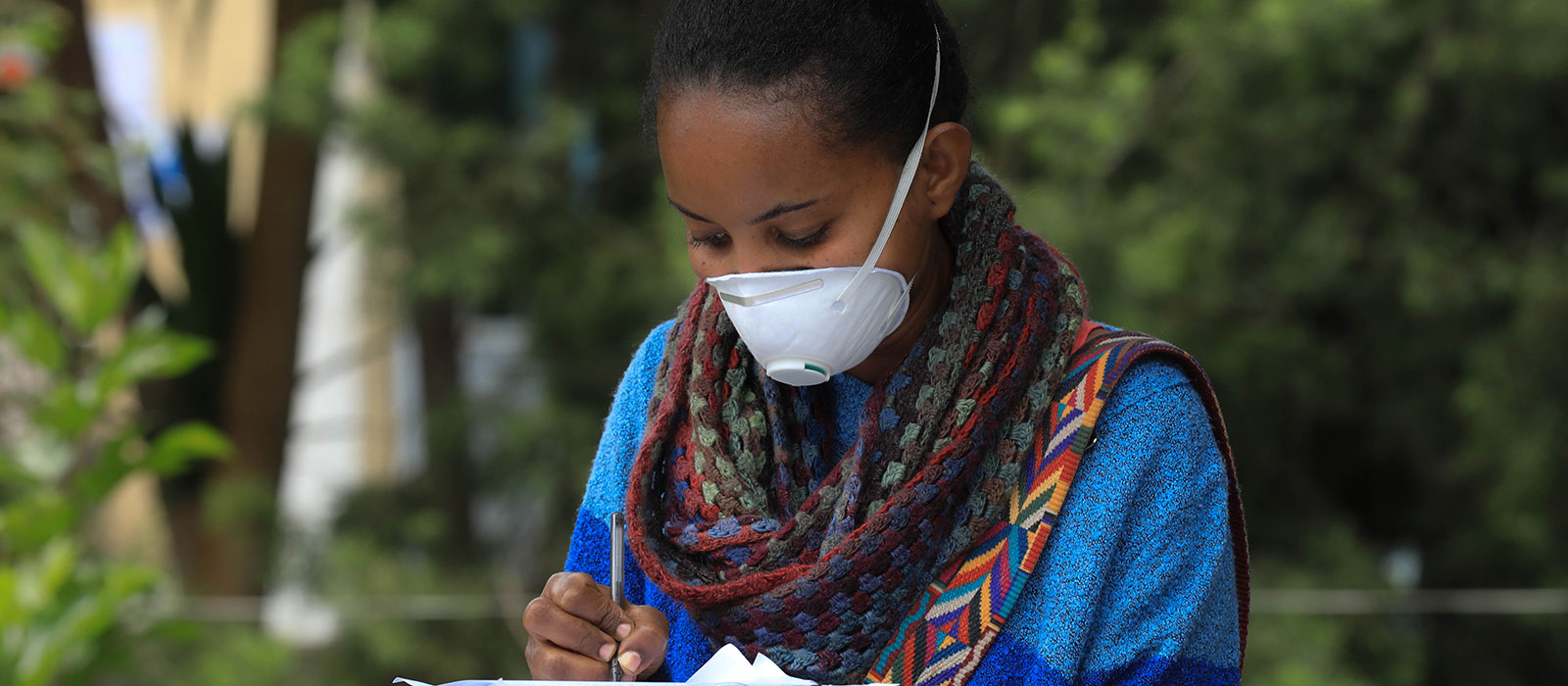This week’s special edition of ACCORD’s monitor looks at the impact of COVID-19 on the education sector. It is a follow-on from the edition published in 2020 on higher education. This theme finds relevance again because access to education is intrinsically linked to other development goals. The continued challenges posed by COVID-19, and the various resilience efforts in the area of education should therefore feature prominently in the ongoing reflections about the societal impact of the pandemic. The monitor features a piece by Geraldine J Fraser-Moleketi, chair of the Committee of Experts on Public Administration (CEPA) and the Chancellor of Nelson Mandela University, in which she reflects on the impact of the pandemic on the higher education sector.
Professor Ann Skelton, the UNESCO Chair: Education Law in Africa and Director of the Centre for Child Law at the University of Pretoria, discusses the risks of increasing privatised education in Africa in the COVID-19 context. Also in this issue, Dr Abhiyan Rung, the UNICEF Regional Education Advisor for Eastern and Southern Africa, reflects on the impact of COVID-19 related school closures and education disruptions.
Finally, Ms Katlego Mphahlele, the former SRC President of Rhodes University, shares her experiences as a student leader navigating the challenges of the pandemic.

